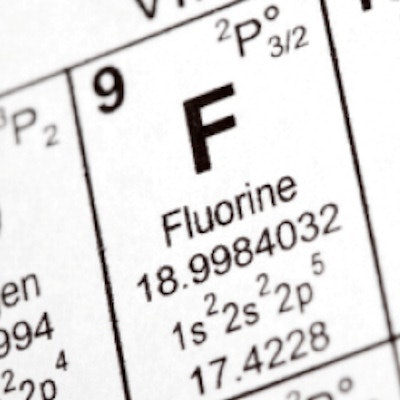
A recent study showed a continued rise in cavities among children since one Canadian city ended water fluoridation in 2011. The American Fluoridation Society (AFS) pointed to the findings as evidence that ending water fluoridation can result in more dental disease.
The study, published on July 26 in Community Dentistry and Oral Epidemiology, compared the prevalence of decayed, missing, and filled teeth in 7-year-old children in Calgary, which cut water fluoridation 10 years ago, with the prevalence in children in nearby Edmonton, a community that still has fluoride in its water supply.
 Dr. Johnny Johnson Jr., president of the American Fluoridation Society.
Dr. Johnny Johnson Jr., president of the American Fluoridation Society."This new study provides us with data on children's dental health covering a span of 14 years," stated AFS President Dr. Johnny Johnson Jr. "What it shows is deeply alarming. Calgary's children are suffering because of the city's decision to cease water fluoridation."
Lead study author Lindsay McLaren, PhD, and her colleagues began studying the teeth of children in Calgary and Edmonton in 2004-2015, when both cities fluoridated the drinking water. At the time, the cavity rate in Calgary for 7-year-old children was less than 50% and lower than Edmonton's rate, the AFS said.
When Calgary cut its fluoridated water supply in 2011, the caries rate began to increase for school-aged children. In a predecessor to this study, McLaren and her team found that cavity rates for 7-year-old children in Calgary had increased by 146% three years after the city stopped community water fluoridation.
The team's new study shows Calgary's caries rates have continued to worsen. As of 2018-2019, nearly two-thirds of 7-year-old children in Calgary have had a cavity, and the rate of decayed, missing, and filled primary teeth is 10 percentage points higher than in Edmonton (65% vs 55%).
"This study adds to the growing body of evidence demonstrating the catastrophic rise in dental disease when water fluoridation is withdrawn," Johnson stated. "Windsor, Ontario and Juneau, Alaska have seen similar outcomes to what the McLaren team found."



















